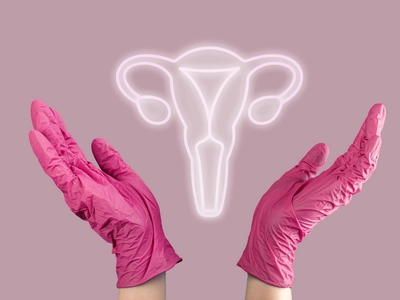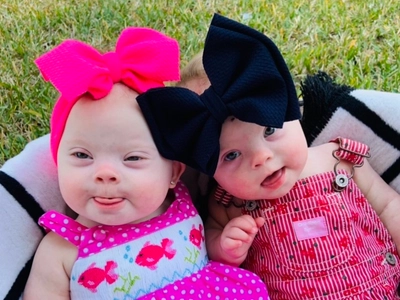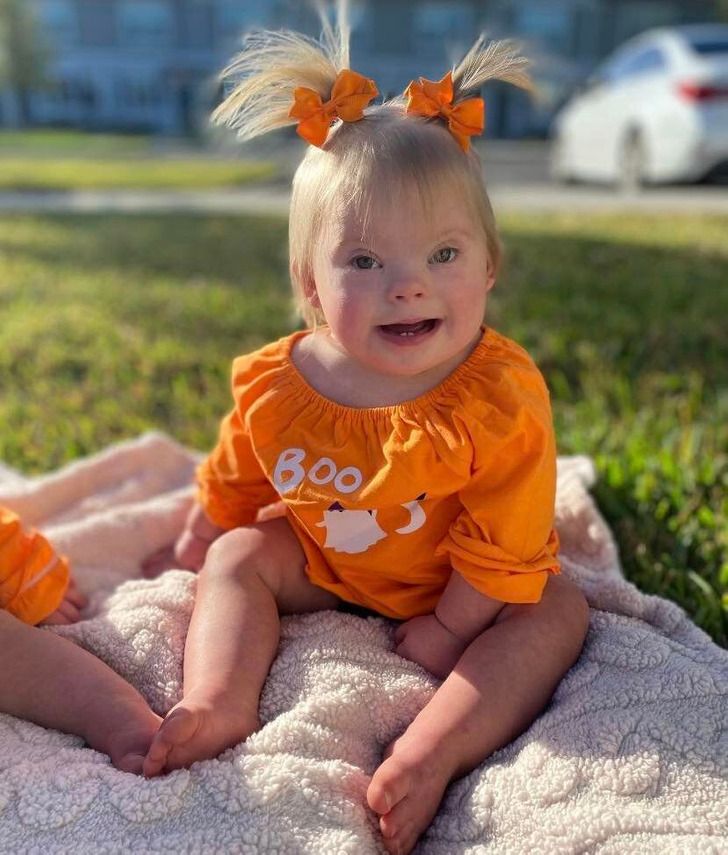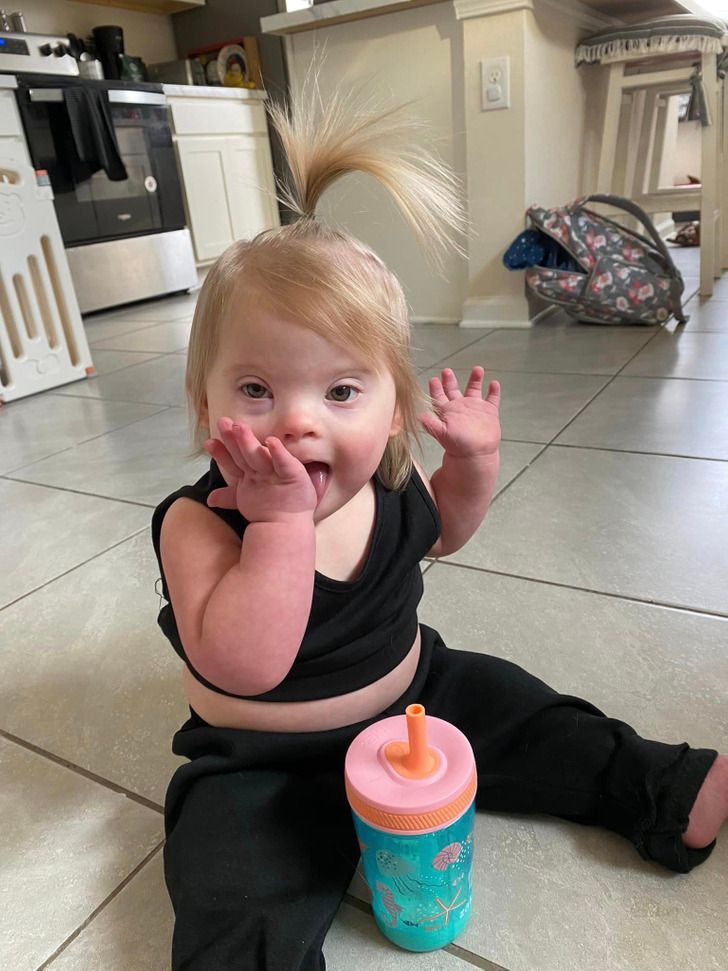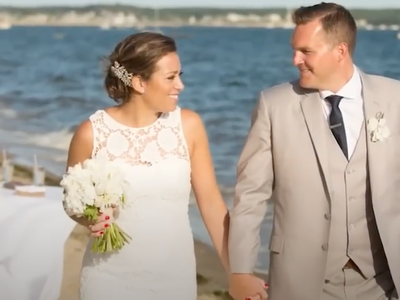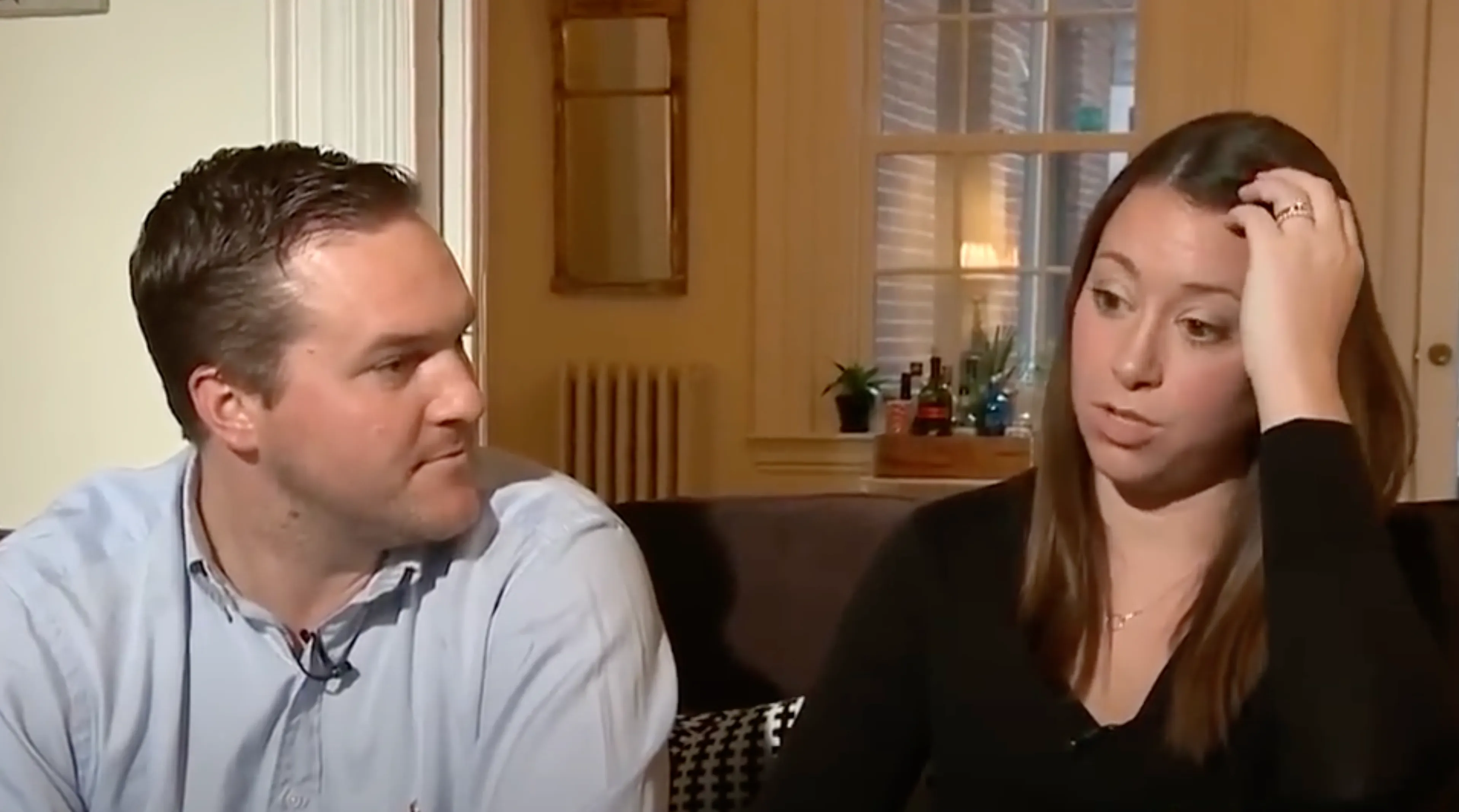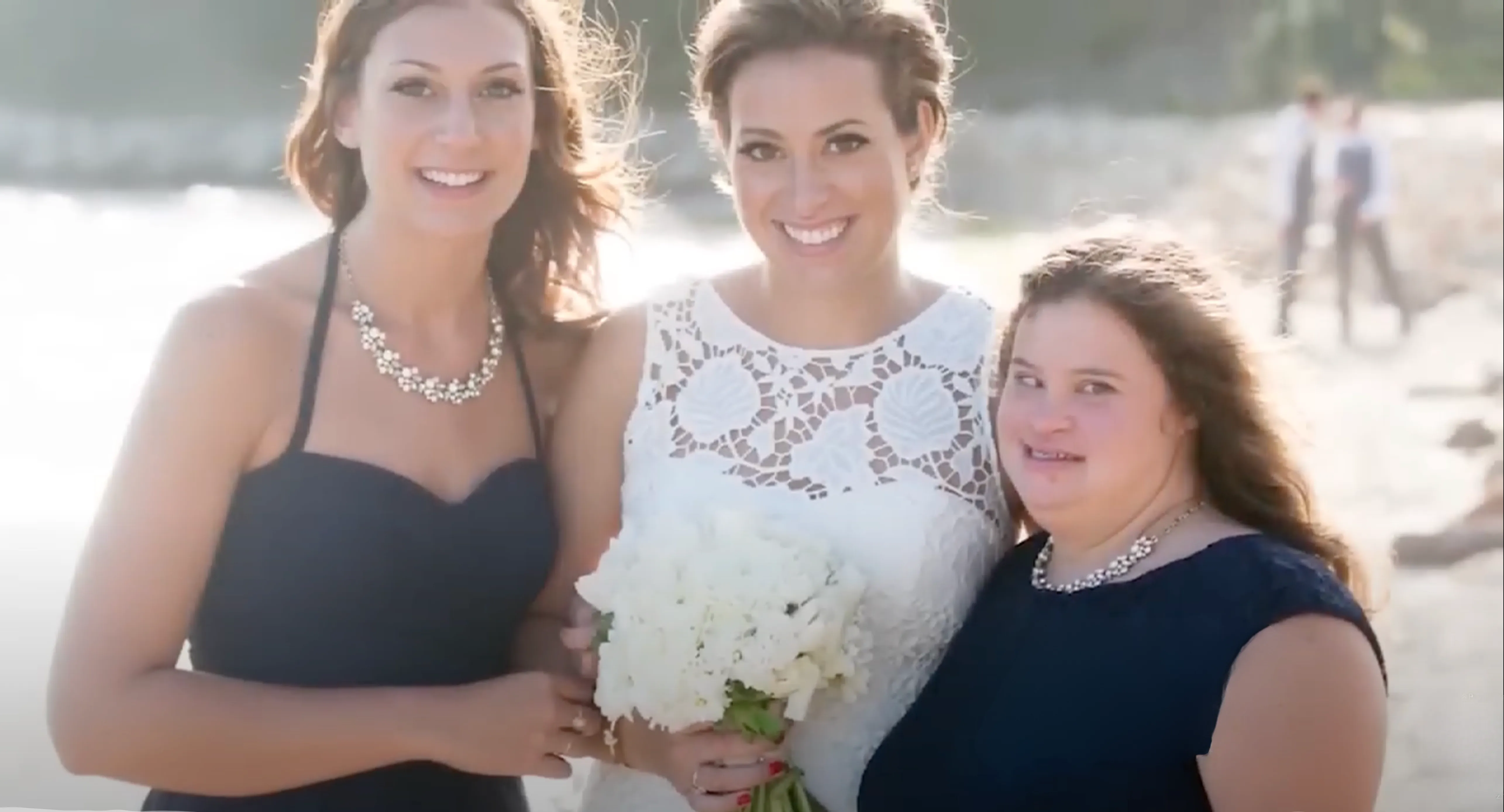The Disgusting Truth About How Men React to Women with Rare Medical Conditions
Living with a rare medical condition that affects your most intimate anatomy is challenging enough. But when that condition becomes the subject of crude jokes, fetishization, and invasive questions from strangers, the psychological toll can be devastating.
Annie Charlotte knows this reality all too well. The 26-year-old was diagnosed with uterus didelphys at age 16 – a rare condition affecting approximately 1 in 3,000 women that results in having two vaginas, two uteruses, and two cervixes. What should be a private medical matter has instead become a source of relentless objectification and inappropriate commentary from men she encounters on dating apps.
The Brutal Reality of Dating with a Rare Condition
When Annie shares her condition with potential partners, the responses she receives reveal society's darkest tendencies. Instead of empathy or genuine curiosity, she's met with crude sexual propositions and degrading comments that reduce her to a novelty act.
"Men sexualize me because of my condition," Annie explains. The assumption that her anatomical difference exists purely for male pleasure demonstrates how deeply ingrained sexual objectification has become in our culture. Rather than being seen as a complete person navigating a complex medical reality, she's viewed through the lens of male fantasy.
The comments she receives range from invasive questions about her sex life to suggestions that she's "lucky" to have this condition. These responses highlight a fundamental disconnect between how society perceives rare medical conditions and the lived reality of those who have them.
The Invisible Burden of Visible Differences
While Annie's condition isn't physically visible, the moment she discloses it, she faces the same stigma and fetishization that people with visible differences encounter daily. The assumption that her body exists for others' curiosity or pleasure strips away her agency and humanity.
This phenomenon extends far beyond dating apps. Women with any anatomical differences – whether congenital conditions, surgical alterations, or other variations – often report similar experiences of being reduced to their perceived "uniqueness" rather than being valued as whole persons.
The psychological impact is profound. Constantly defending your right to be treated with basic respect while navigating intimate relationships creates layers of trauma that can affect self-worth, trust, and the ability to form healthy connections.
When Medical Conditions Become Entertainment
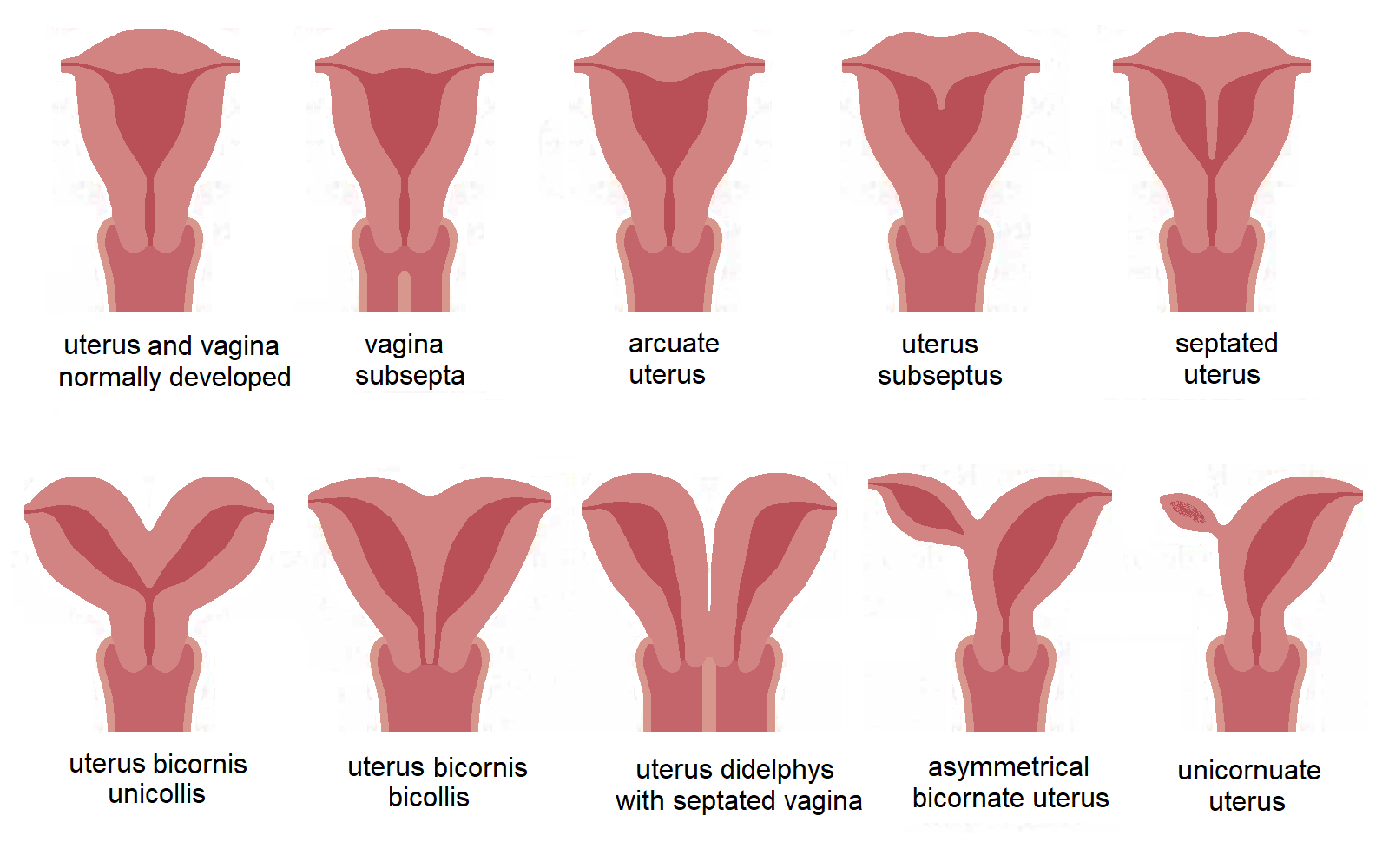
Society's reaction to rare conditions like uterus didelphys reveals uncomfortable truths about how we process difference. Instead of approaching these topics with sensitivity and education, there's a tendency to sensationalize and sexualize them.
The entertainment value assigned to Annie's condition strips away the medical reality she faces. Uterus didelphys can cause painful periods, complications during pregnancy, and other health challenges that have nothing to do with sexual gratification. Yet these legitimate medical concerns are overshadowed by prurient interest.
This pattern repeats across various rare conditions. Whether it's conjoined twins, people with dwarfism, or those with facial differences, society often struggles to see beyond the perceived "novelty" to recognize the full humanity of the person.
The Cost of Curiosity
While genuine curiosity about rare medical conditions can lead to education and understanding, the line between healthy interest and harmful objectification is frequently crossed. Annie's experiences demonstrate how quickly curiosity can transform into exploitation.
The constant barrage of inappropriate questions and comments forces individuals with rare conditions to become unwilling educators and advocates. They're expected to patiently explain their experiences while maintaining composure in the face of ignorance and insensitivity.
This emotional labor is exhausting and unfair. No one should have to justify their existence or educate others about basic human decency simply because they have a medical condition.
Breaking the Cycle of Objectification
Changing how society responds to rare medical conditions requires a fundamental shift in perspective. Instead of viewing these conditions through the lens of curiosity or sexual interest, we need to prioritize the humanity and dignity of the individuals affected.
This means approaching conversations about rare conditions with respect, asking permission before posing questions, and recognizing that someone's medical status doesn't make them public property. It means understanding that behind every "interesting" condition is a person with feelings, experiences, and the right to be treated with basic respect.
For Annie and others like her, the goal isn't to hide their conditions or avoid dating altogether. It's to find connections with people who can see beyond the medical diagnosis to the person underneath – people who approach difference with empathy rather than exploitation.
Moving Forward with Compassion
The way society treats people with rare medical conditions is a reflection of our collective character. When we respond with crude jokes, invasive questions, or sexual objectification, we reveal the worst aspects of human nature. When we respond with empathy, respect, and genuine care, we demonstrate our capacity for growth and compassion.
Annie's story is a powerful reminder that behind every medical condition is a human being deserving of dignity, respect, and the chance to form meaningful connections without being reduced to their anatomical differences. Until we can learn to see the person beyond the condition, we'll continue to fail those who need our support most.
The question isn't what it's like to live with two vaginas – it's what it says about us as a society that this is how we choose to respond to human difference. The answer to that question should concern us all.
